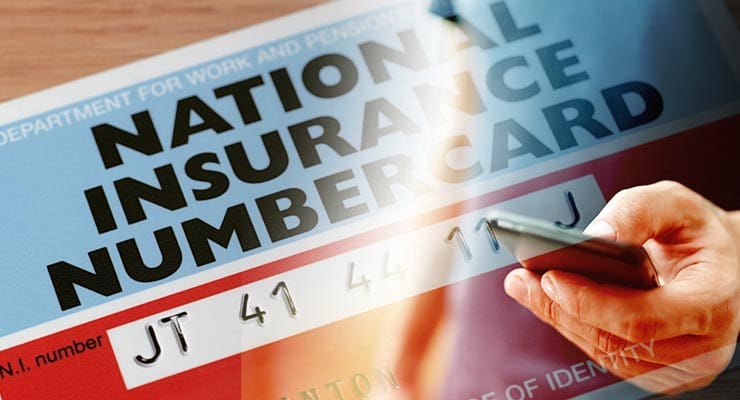Beware of National Insurance number phone scam spreading in the UK
A phone scam in the UK is tricking people into handing over sensitive information by claiming their National Insurance number has been compromised.
 SCAM
SCAM
The scam begins with an unexpected all where the recipient is told they need a new National Insurance number since their existing one has been compromised, and in order to do so, the caller asks the recipient to provide personal information about themselves. Often these calls are automated and ask the recipient to press 1 on their keypad.
This is one of many phishing scams executed over the phone designed at attempting to trick listeners into handing over money or personal information.
We can imagine that most people would be alarmed at receiving a phone call warning them that their personal information has been stolen by crooks. It’s enough to alarm anyone, and that’s exactly what the crooks are banking on.
In early 2021, a new phone scam is telling people that their National Insurance number has been compromised. The scam starts off with an automated recorded message warning the listener that their National Insurance number was stolen by crooks, and that those crooks have been using it to try and access the listener’s bank accounts. The automated message urges the listener to press 1 on their keypad to fix the issue by changing their National Insurance number “before it’s too late”.
Some calls claim to come from the HMRC. Others claim to represent the Department of Work and Pensions. Others claim it is the “investigation division of the National Crime Agency”. Others simply claim it’s the police calling.
Sponsored Content. Continued below...
A National Insurance number is a unique number given to every person in the UK once they approach 16 years of age. It’s rough equivalent in the United States is a social security number. It cannot be changed.
The automated message received by listeners is a lie. The listener’s National Insurance number hasn’t been compromised. It’s a ruse to panic a victim and trick them into telling the crooks personal information about themselves.
After a listener presses 1 on their keypad they are connected to a real person who asks the victim for sensitive information. This can include their name, address, date of birth and bank account details as well as their National Insurance Number. The victim is told this information is needed to ensure that their bank accounts are safe and have not been compromised. Ironically, passing this information to the crooks will have the exact opposite effect.
Sponsored Content. Continued below...
Those who fall for this scam may see their bank accounts accessed by crooks, or more likely they’ll find themselves the victims of identity fraud.
Be especially wary of unsolicited calls, and never pass any personal information about yourself to the person on the other end of the line. This is especially true if you feel you’re being pressured or panicked into handing over personal information.
We have more information on various types of phone scams and how to avoid them in our article here.
Continued below...
Thanks for reading, we hope this article helped, but before you leave us for greener pastures, please help us out.
We're hoping to be totally ad-free by 2025 - after all, no one likes online adverts, and all they do is get in the way and slow everything down. But of course we still have fees and costs to pay, so please, please consider becoming a Facebook supporter! It costs only 0.99p (~$1.30) a month (you can stop at any time) and ensures we can still keep posting Cybersecurity themed content to help keep our communities safe and scam-free. You can subscribe here
Remember, we're active on social media - so follow us on Facebook, Bluesky, Instagram and X
